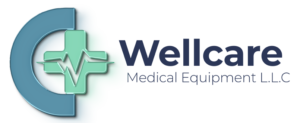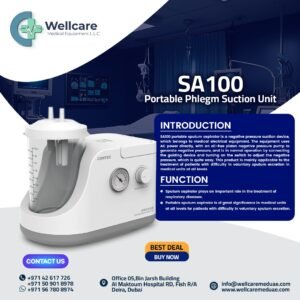Gynecology Equipment supplier in Cameroon
The importance of gynecology equipment in Cameroon lies in its role in improving women’s healthcare and addressing maternal health challenges. With high maternal mortality rates and limited access to advanced medical care in many regions, quality gynecological tools are essential for early detection, diagnosis, and treatment of reproductive health issues. Equipment such as ultrasound machines, colposcopes, and fetal monitors help in prenatal care, enabling healthcare professionals to monitor pregnancies and detect potential complications early. This is crucial in reducing the risks associated with childbirth and other gynecological conditions. In addition, access to reliable gynecology equipment strengthens the overall healthcare infrastructure in Cameroon. Proper equipment ensures that women receive timely and accurate diagnoses for conditions such as cervical cancer, which is prevalent in the region. By equipping health facilities with modern tools, healthcare providers can offer better services, improve health outcomes, and contribute to the country’s efforts to achieve sustainable development goals related to health and well-being.
In Cameroon, Well Care Medical Equipment LLC serves as a key supplier of gynecology equipment, addressing critical needs in women’s healthcare. With a focus on improving maternal and reproductive health services, the company provides essential tools such as ultrasound machines, fetal monitors, colposcopes, and examination tables to healthcare facilities across the country. These tools are vital for early diagnosis, prenatal care, and treatment of gynecological conditions, helping to improve outcomes for women and reduce maternal mortality rates.
By supplying modern and reliable equipment, Well Care Medical Equipment LLC supports the strengthening of Cameroon’s healthcare infrastructure. Access to advanced gynecology tools allows healthcare professionals to offer better care, particularly in rural and underserved areas where resources are often limited. Their role in providing these crucial devices is instrumental in advancing women’s health and ensuring safer pregnancies and childbirths throughout Cameroon.
The relevance of gynecology equipment in Cameroon:
Addressing Maternal Mortality: Gynecology equipment is crucial in reducing high maternal mortality rates by enabling early diagnosis and treatment of complications during pregnancy and childbirth.
Early Detection of Conditions: Tools like ultrasound machines and colposcopes facilitate the early detection of gynecological conditions such as cervical cancer and reproductive infections, leading to timely interventions.
Enhanced Prenatal and Postnatal Care: Equipment such as fetal monitors helps healthcare providers effectively monitor maternal and fetal health throughout pregnancy, ensuring a safer childbirth process.
Access to Quality Care: The availability of gynecology equipment in rural and underserved areas improves access to specialized healthcare services for women who may otherwise have limited options.
Empowerment of Women: Access to gynecological tools encourages women to seek regular health check-ups and screenings, promoting a culture of preventive care and proactive health management.
Support for Reproductive Health Initiatives: Gynecology equipment aligns with national and global health initiatives aimed at improving women’s reproductive health and achieving Sustainable Development Goals (SDGs).
Strengthening Healthcare Infrastructure: Investing in gynecology equipment enhances the overall healthcare infrastructure in Cameroon, contributing to better health outcomes and a healthier population.
What products does Well Care supply in Cameroon?
Ultrasound machines, fetal monitors, colposcopes, gynecology examination tables, and related medical equipment.




